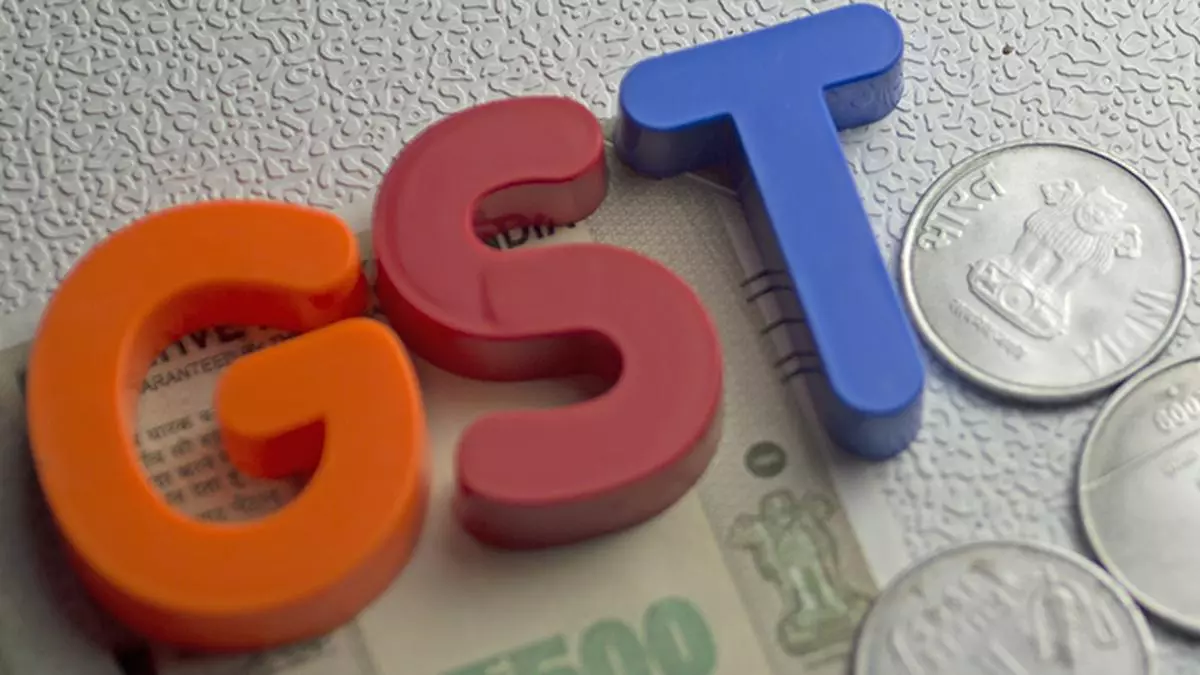In setback to HUL, Nestle, Reckitt Benckiser and others, Delhi HC upholds anti-profiteering provisions under GST law
In a setback to companies such as Hindustan Uniliver, Nestle and Reckitt Benckiser , the Delhi High Court on Monday upheld the anti-profiteering provisions of the GST Laws. With this, orders pronounced by the erstwhile National Anti-Profiteering Authority (NAA) have been upheld by the High Court.
Section 171 of the CGST Act deals with anti-profiteering measures and prescribes that any reduction in the rate of tax on supply of goods or services or the benefit of input tax credit should be passed on to the recipient by way of a commensurate reduction in prices. Complaints, which were earlier filed with the NAA, are now handled by the Competition Commission of India (CCI)
A total of 107 petitions were filed against the NAA’s order in the Delhi High Court. In its judgement, a division bench of acting Chief Justice Manmohan, and Justice Dinesh Kumar Sharma disposed all the petitions. Giving details about the judgement, Abhishek A Rastogi, founder of Rastogi Chamber, who has argued several petitions, said the Constitutionality of Section 171 of the CGST Act, as well as Rules 122, 124, 126, 127, 129, 133 and 134 of the CGST Rules have been upheld. The impugned provisions are not a price fixing mechanism, do not violate Article 19(1)(G) or Article 300A of the Constitution,” he said.
- All you wanted to know about…anti-profiteering under GST
According to him, the bench also said no fixed formula or mathematical method can be laid down for determining profiteering. However, the court agrees with the petitioners that one needs to calculate total savings on account of introduction of GST for each project, and then divide the same by the total area to arrive at the per square feet benefit to be passed on to each flat buyer. T
“This ensures that each flat buyer with equal sq. feet area receives equal benefit. It’s the prerogative of the legislature to find out how the benefit is to be passed on to consumers. The 2017 Act does not fix a time period during which price reduction is to be offered,” added Rastogi.




